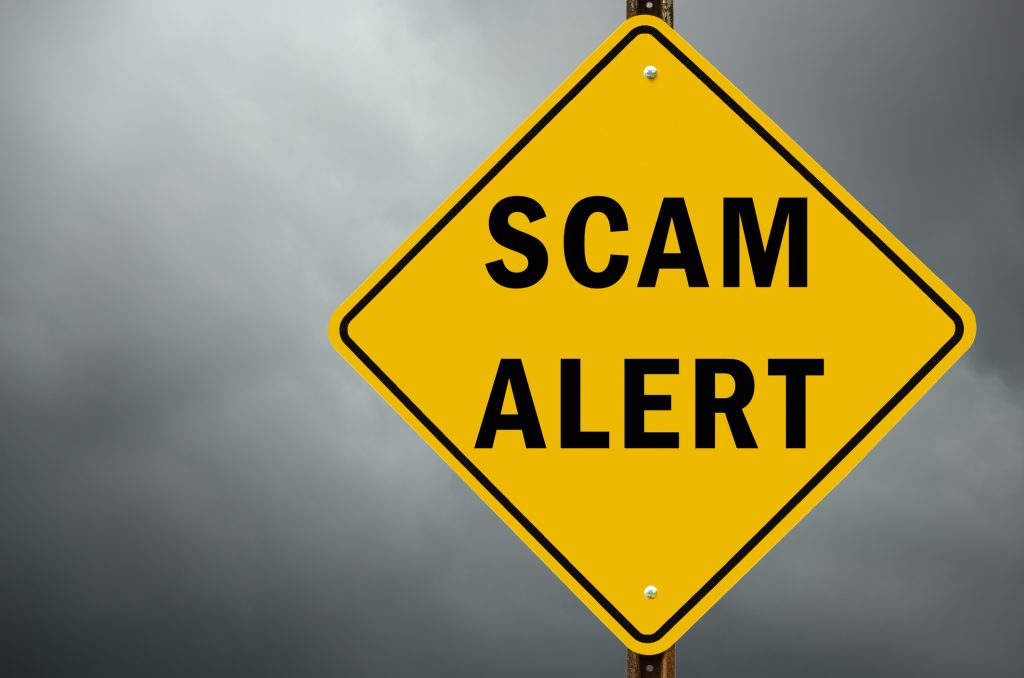
Online scams have been on the rise since the start of the COVID-19 pandemic, and new kinds are popping up. Scammers tend to target older adults, especially those more vulnerable to the virus. Many scams use fear and panic to make the victim act quickly without thinking first. That’s why it can help to know the signs of a scam before you’re confronted with one. Here’s how to recognize a COVID-19 scam.
Fake Products
Some of the most common COVID-19 scams online advertise supposed cures or test kits. Websites may offer products that claim to prevent the virus or even provide vaccine kits. Right now, there is no Food and Drug Administration-approved home cure or treatment for the virus, and many fake at-home test kits are being advertised online.
Fake Charities
There are numerous fake charity organizations asking for money on the internet and over the phone. They may be asking you to donate money to research efforts or to individuals affected by the virus. You can verify that a charity is real by checking if it’s on the IRS’s official tax-exempt organization list or the Better Business Bureau’s list.
Phishing
Scammers are taking advantage of the fact that many people are looking for the latest information on the virus. There are fake news sites and some sites that pose as the CDC (Centers for Disease Control and Prevention) and the WHO (World Health Organization). Don’t click on links in any email from sources you don’t know, and be careful when looking up information online. This is especially important to remember for staying cyber-secure when working from home.
Fraudsters Posing as Family Members
Fraudsters may pretend to be calling on behalf of a family member and claim that they’ve been in an accident and need money for a hospital bill. Now, this scam has been adapted to COVID, where someone posing as a family member contacts someone, saying they have the virus and need money for treatment. This scam can be particularly dangerous since it can cause someone to make a panicked decision without second-guessing it or checking in with the family member first.
There is so much information available on the virus, legitimate charities, and medical advances. Unfortunately, scammers can try to imitate these and take advantage of worried people during this time. That’s why it’s important to always be on the lookout for scams and to know what you’re looking for. In today’s digital world, knowing exactly who you’re dealing with is more important than ever – that’s why we offer no cost, no obligation financial reviews. Sign up to start talking with us about your financial planning needs.



